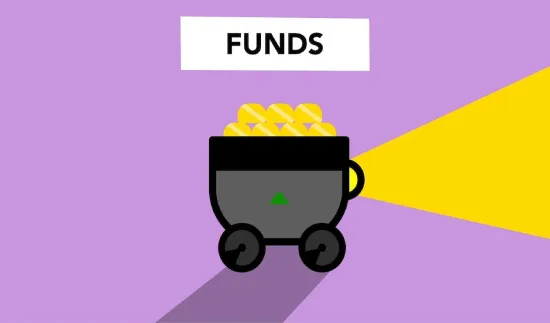Capital gain (or profit) is when you sell an asset (like real estate) for more than you bought it. The capital gains tax is the tax you have to pay the federal government and the city/state government on the profits you made.
For example, if you bought an apartment for $500,000 and sold it for $800,000 a few years later, you have made a profit of $300,000. That’s the amount you will have to pay the tax on. So the higher the profit, the bigger your capital gains tax will be.
How Is Capital Gains Tax Calculated?
How capital gains tax is calculated is based upon multiple factors, including the time you hold an asset for. If you buy and sell a property within a year, the profit you will make will be classified as short-term capital gains, which are calculated at your income tax rate for the year, which can be as high as 37% for the federal tax alone.
If you hold a property for more than a year (usually the case), the federal capital gains tax is calculated based on your income. There are three thresholds (for single filers):
1. 0% tax for income of annual income of less than $40,400
2. 15% tax for income between $40,400 and $445,850
3. 20% tax for income above $445,850
So if a person with an annual income of $100,000 sells an apartment in NYC and makes a $300,000 profit, they will have to pay 15% of it: $45,000 to the federal government.
NYC and NY State don’t impose a separate capital gains tax. So the sellers will pay regular income tax on the profits at the state tax rate, which ranges from 4% to 10.9%, and the city tax rate, which ranges from 3.078% to 3.876%.
For individuals with high income or high investment income, a Net Investment Income Tax (NIIT)at a rate of 3.8% may also be applied.
How Can You Save Money On Capital Gains Taxes?
Primary Residence Tax Exemption
If it’s your primary residence, the IRS allows you to not pay any taxes on the first $250,000 on the capital gains you may earn by selling it for a profit ($500,000 if filing jointly). It requires that you:
- Have lived in the property for at least two years in the last five years.
- Haven’t claimed this exemption in the previous two years.
You may be able to get this exemption on a rental property as well, as long as you have lived in it for two consecutive years in the last five years (which is akin to making it your primary residence). This exemption can be taken multiple times, as long as you follow the IRS’s rules. The two-year living rule may be bypassed if you can give the IRS a valid reason for moving out earlier, like health issues or transfer.
However, in the case of rental properties, you may have to pay the full depreciation recapture tax. For rental properties, you are allowed to write off part of the property’s value (about 3.636%) each year from your taxes. It only applies to building part of the property’s value, not land. If you have claimed this depreciation, you will have to pay back 25% of the total amount you have claimed so far.
1031 Exchange
For investment properties, you can avoid paying any capital gains tax if you use all the funds from the sale of the current property to buy another investment property of equal or higher value. But these taxes are deferred, not exempted, and if you don’t do this exchange for the next sale, you will have to pay total taxes. There are specific rules that have to be followed for this capital gains exemption to work.
Renovations And Improvements
You may be able to offset some capital gains if you have invested in improving the property.










